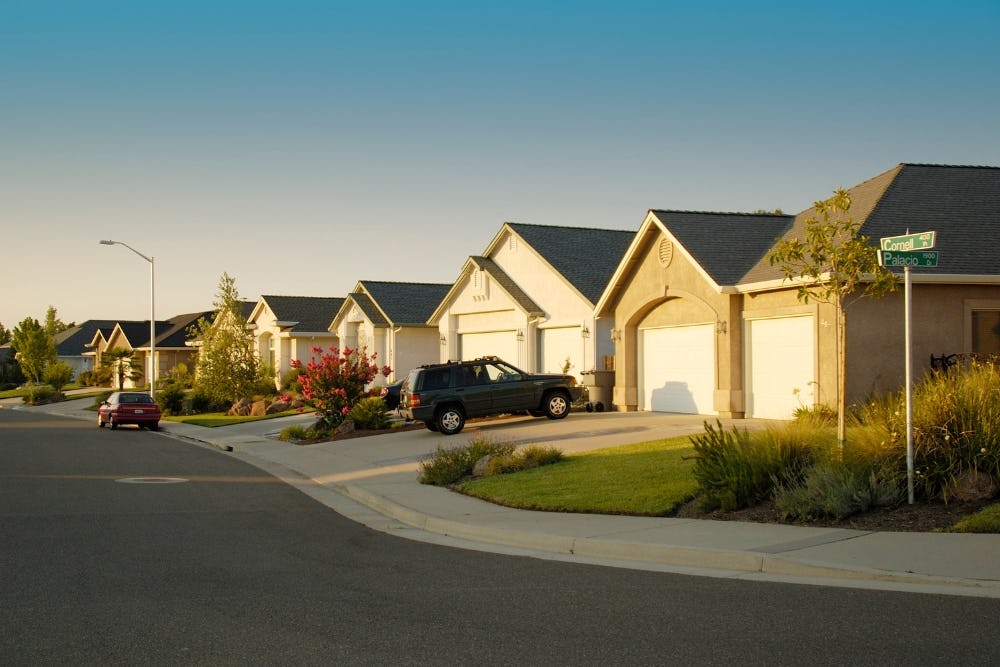
Conventional mortgages offer homebuyers flexibility and opportunity with their traditional financing options, empowering dreams of homeownership.
In the realm of home financing, conventional loans stand as a cornerstone option for many prospective homeowners. Understanding what a conventional loan entails can demystify the process of acquiring a mortgage and empower individuals to make informed decisions regarding their financial future. Let's delve into what a conventional loan is, how it compares to other mortgage options, and address some frequently asked questions to shed light on this popular avenue of home financing.
Understanding Conventional Mortgages
A conventional loan, simply put, is a mortgage that is not insured or guaranteed by the government. Unlike FHA loans, VA loans, or USDA loans, conventional mortgages are solely backed by private lenders and investors. This means that if a borrower defaults on a conventional loan, the lender bears the risk entirely, without any government assistance.
Comparing to Other Options
FHA loans
Federal Housing Administration (FHA) loans are government-backed mortgages designed to assist borrowers with lower credit scores or smaller down payments. While FHA loans offer more lenient qualification requirements, they often come with higher mortgage insurance premiums and upfront fees compared to conventional loans.
VA Loans
VA loans are specifically available to eligible veterans, active-duty service members, and their spouses. These loans are guaranteed by the Department of Veterans Affairs and often feature competitive interest rates and no down payment requirements. However, they are limited to those who have served in the military.
USDA Loans
United States Department of Agriculture (USDA) loans are designed to promote homeownership in rural and suburban areas. They offer low to no down payment options and competitive interest rates for eligible borrowers. However, similar to FHA loans, USDA loans require mortgage insurance premiums.
Conclusion
Conventional loans emerge as a versatile and accessible avenue for realizing homeownership aspirations. While they may lack the safety net of government backing, they offer borrowers greater autonomy and potentially lower long-term costs. By unraveling the intricacies of conventional mortgages and comparing them against alternative options, individuals can embark on their homeownership journey with confidence and clarity.






